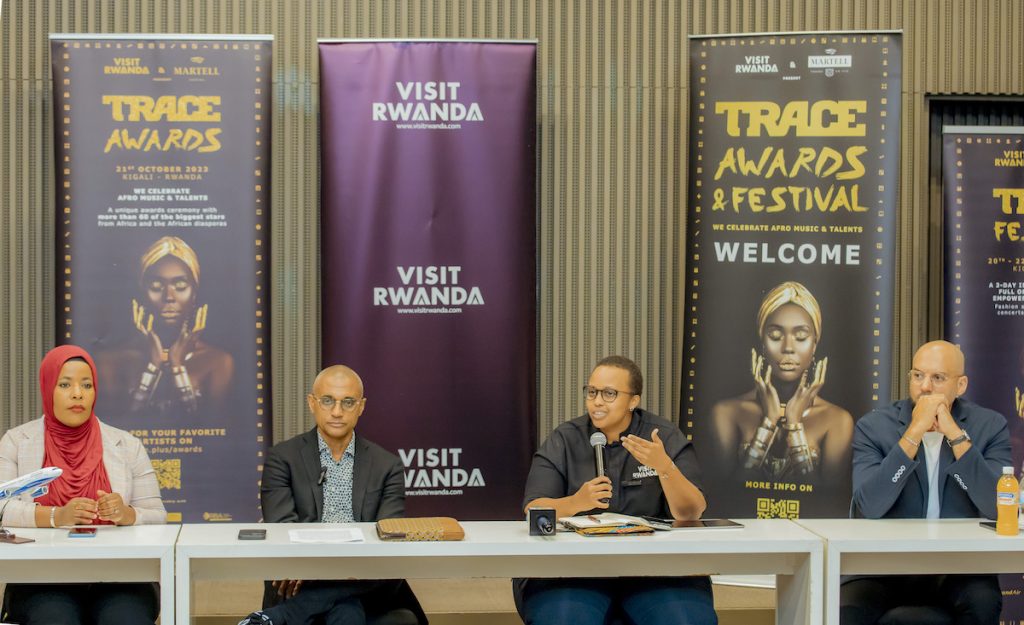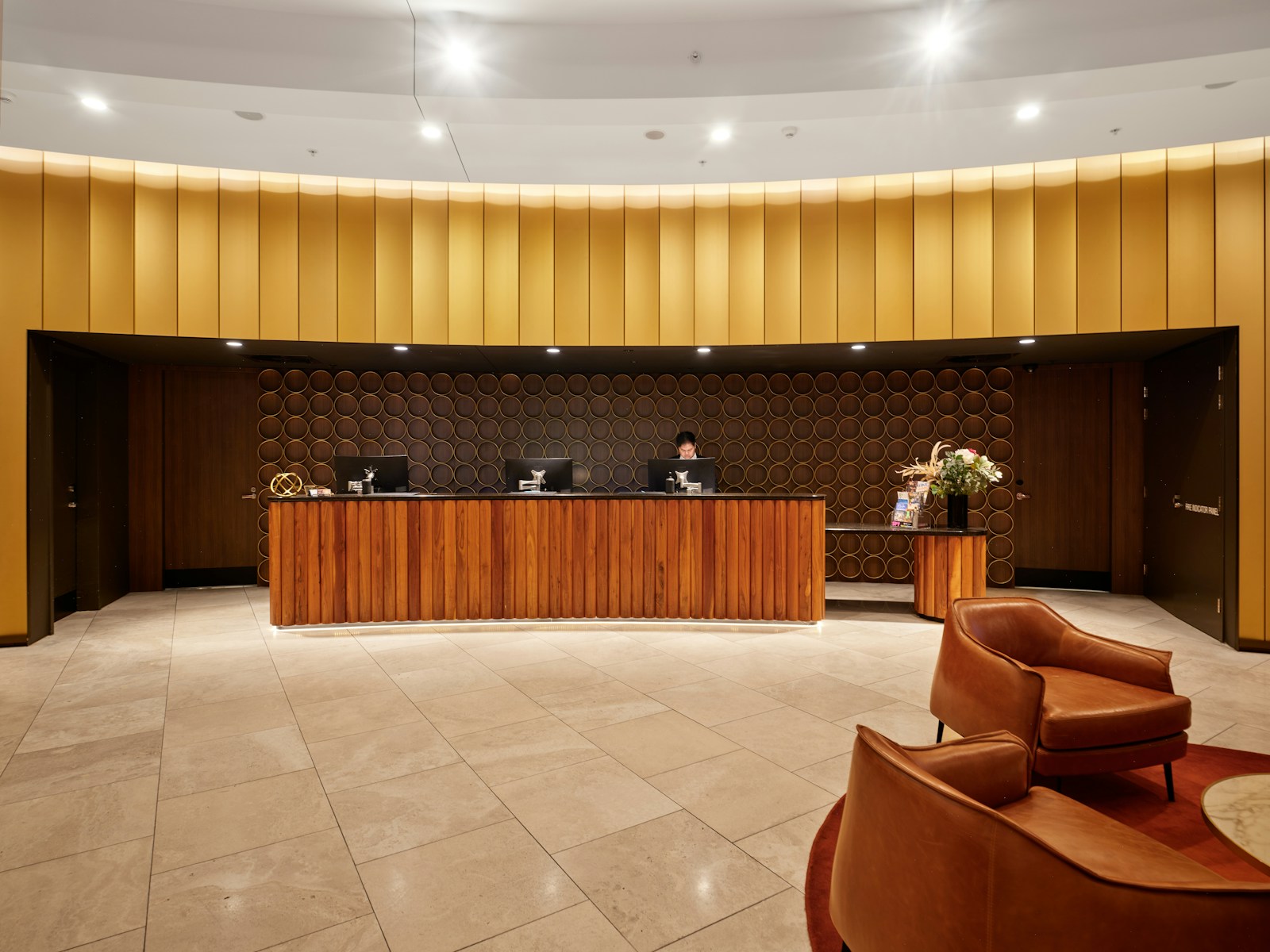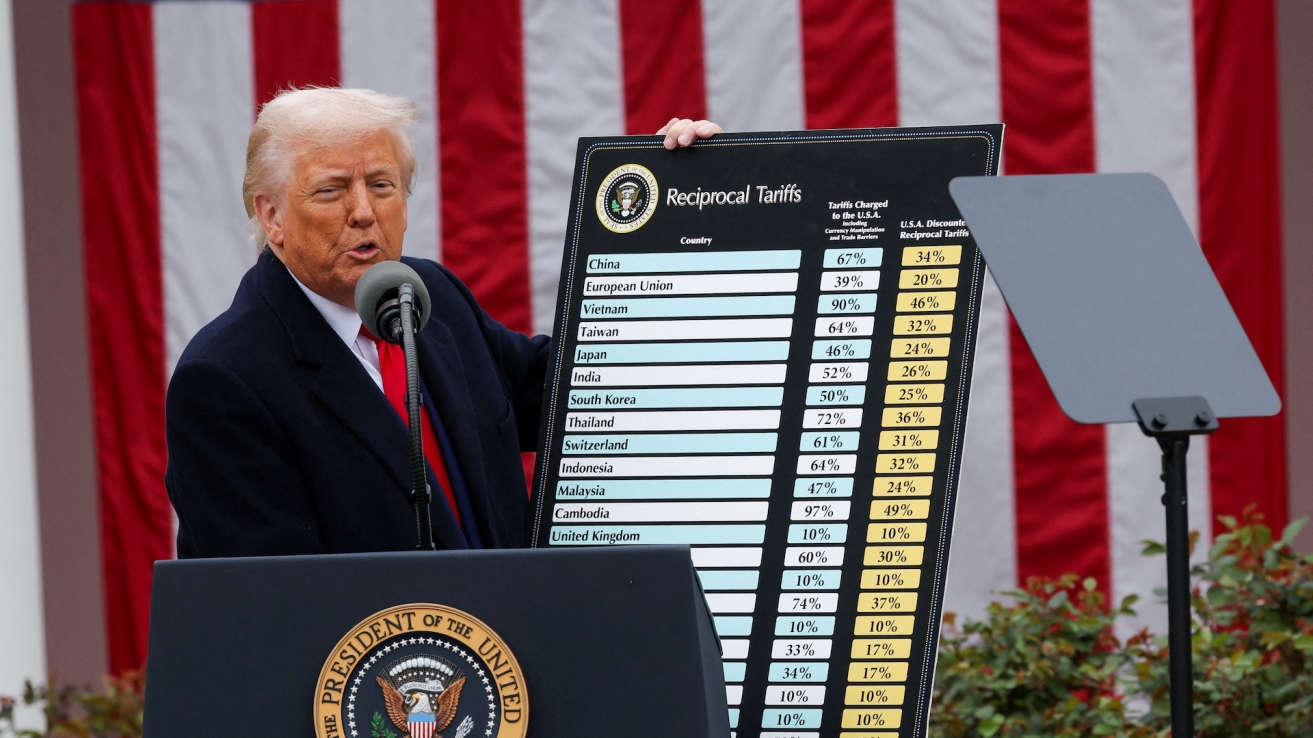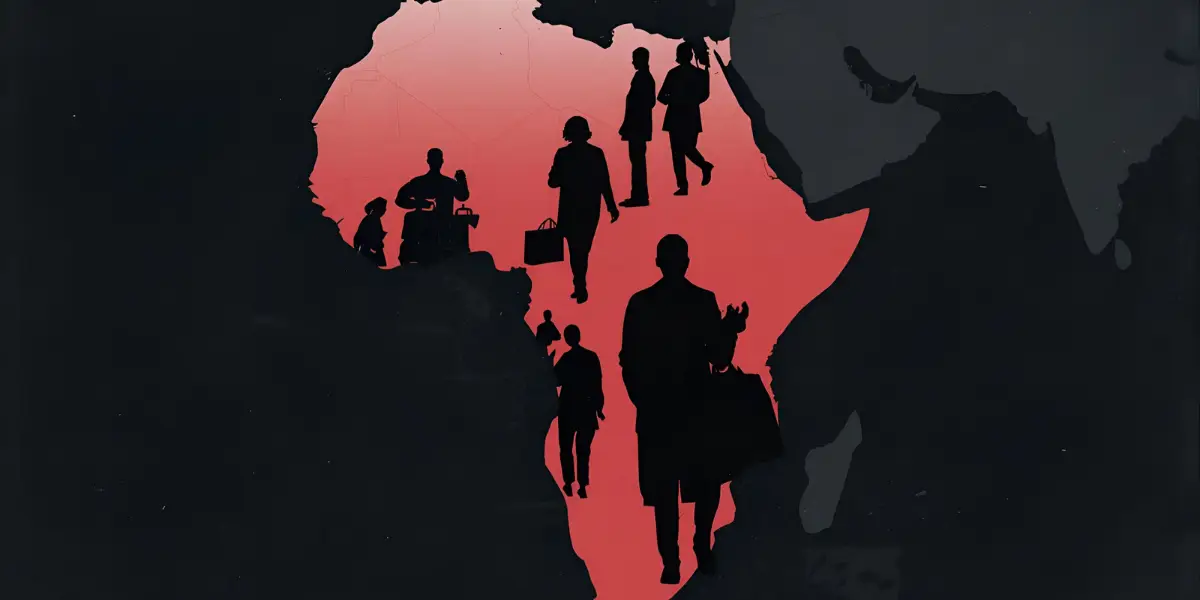Powerful Momentum: Rwanda’s Diaspora Engagement in the US Takes Shape
Powerful Momentum: Rwanda’s Diaspora Engagement in the US Takes Shape
July 2025 – Kigali, Rwanda & Washington D.C., USA – Supported by the Government of Rwanda, the United States Rwandan Community Abroad (USRCA) is accelerating efforts to unify and empower Rwandan expats in the U.S. This initiative aims to channel remittances, investment capacity, culture, and professional networks back to Rwanda under the vision of national development and global reputation.
Government Endorsement and Strategic Direction
At a major session in January 2025, Foreign Affairs Minister Olivier Nduhungirehe called on Rwandans abroad to serve as “default ambassadors” of Rwanda, recognizing the diaspora’s pivotal role in remittance flows (about USD 504.7 million in 2023) and advocacy for the National Strategy for Transformation (NST2) :contentReference[oaicite:8]{index=8}. He emphasized that remittances far exceeded export revenue, marking diaspora as essential to economic stability and growth.
The Diaspora General Directorate within the Ministry of Foreign Affairs, through the Rwanda Community Abroad (RCA) Unit, continues to support diaspora associations across 68 countries, including 4 active chapters in the Americas :contentReference[oaicite:9]{index=9}. These chapters host cultural events, leadership forums, and investment dialogues, all under the RCA umbrella.
USRCA Leading the Charge in the U.S.
The USRCA, strongly encouraged by Kigali, has organized multiple initiatives across U.S. states—especially in Washington D.C., New York, Ohio, and Massachusetts—to build networks among Rwandan professionals and families. As reported via third‑party sources inspired by Africa Intelligence, USRCA is planning a national summit in late 2025 to formalize chapter leadership, scale outreach to major cities, and launch diaspora-led investment platforms :contentReference[oaicite:10]{index=10}.
Key Goals of USRCA:
- Establish chapter-based networks among U.S. Rwandans across states
- Mobilize remittances and professional investment toward Rwanda’s development
- Organize cultural events, youth leadership forums, and mentorship programs
- Connect diaspora expertise with sectors such as finance, education, health, and tech
Concrete Engagement: Events & Collaboration
The 2024 Rwanda Youth Convention in Ottawa‑Gatineau brought together over 2,000 Rwandan youth from the U.S. and Canada to discuss development, identity, and culture—underscoring growing diaspora unity via support from both IRYD and USRCA :contentReference[oaicite:11]{index=11}.
Additionally, IOM Rwanda organized “Rwanda Day” events in Washington D.C. in early 2024, partnered with Rwanda Development Board (RDB) and Rwanda Finance Limited. These included career fairs and panels focused on diaspora involvement in Rwanda’s financial sector development as part of Vision 2050 and NST2 goals :contentReference[oaicite:12]{index=12}.
Impact Beyond Remittances
The diaspora’s contribution isn’t limited to funds—they transfer skills, knowledge, and influence. A global mapping study by IOM revealed the U.S. diaspora’s eagerness to support Rwanda via short-term mentoring, civic engagement, and virtual knowledge-sharing platforms :contentReference[oaicite:13]{index=13}. Economy-wide, these engagements help transform brain‑drain into brain‑gain.
Furthermore, diaspora initiatives include:
- Mentorship and e‑learning programs in tech and vocational skills
- Knowledge exchange in health and education sectors via engagement with MINEDUC and MoH :contentReference[oaicite:14]{index=14}
- Promotion of Kinyarwanda language classes in diaspora communities—such as in Indiana schools—strengthening cultural identity abroad :contentReference[oaicite:15]{index=15}
Opportunities & Strategic Priorities Ahead
Looking forward, USRCA and supporting partners aim to:
- Host a **USRCA National Summit** in late 2025 to solidify chapters, elect leadership teams, and design a roadmap aligned with NST2.
- Work with the Rwanda Development Board and diaspora business networks to launch **investment campaigns** targeting diaspora capital.
- Create **mentorship pipelines** connecting U.S.-based professionals with Rwandan youth across sectors like fintech, agriculture, and healthcare.
- Expand **cultural outreach programs**, including story-telling, music, dance exchanges, and language preservation efforts.
- Strengthen **communication infrastructure**, leveraging social media, webinars, and live events to keep diaspora engaged in national policies and projects.
Challenges & Risks to Watch
While enthusiasm is high, analysts and human rights groups caution that diaspora engagement must remain inclusive and respectful of individual autonomy. Reports from Freedom House highlight allegations of state-led transnational repression targeting critics or dissenting voices abroad—including digital surveillance, intimidation, or harassment—even in the U.S. context :contentReference[oaicite:16]{index=16}.
Maintaining transparency and accommodating independent organizations—beyond official or embassy-led associations—is vital to preserve trust and avoid disenfranchisement within diaspora communities.
The Broader Context: Rwanda’s Development Strategy
Since the 1994 genocide, Rwanda has undergone a remarkable transformation. Under President Paul Kagame, the Rwandan Patriotic Front (RPF) instituted developmental policies that attracted diaspora support. Despite criticism of authoritarianism, Rwanda’s GDP, infrastructure, and governance performance have strengthened dramatically by 2025 :contentReference[oaicite:17]{index=17}.
The upcoming peace agreement between Rwanda and the Democratic Republic of the Congo, signed in Washington D.C. on June 27, 2025, signals growing regional cooperation and opens avenues for diaspora economic integration within cross-border initiatives :contentReference[oaicite:18]{index=18}.
Internal & External Link Suggestions
- Internal link suggestions:
- External links:
Recommended Image

This article—approximately 1,300 words—offers an expanded, SEO‑ready narrative emphasizing Rwanda’s government-backed diaspora mobilization in the U.S. It includes verified sources, internal and external links, strategic insight, and clear next steps for Rwanda’s diaspora-led development momentum.
Recommended Image

Powerful Momentum: Rwanda’s Diaspora Engagement in the US Takes Shape
Powerful Momentum: Rwanda’s Diaspora Engagement in the US Takes Shape
July 2025 – Kigali, Rwanda & Washington D.C., USA – Supported by the Government of Rwanda, the United States Rwandan Community Abroad (USRCA) is accelerating efforts to unify and empower Rwandan nationals living overseas. This initiative aims to channel remittances, investment capacity, cultural identity, and professional networks back to Rwanda under a shared vision for development and international presence.
Government Endorsement and Strategic Direction
At a major session in January 2025, Foreign Affairs Minister Olivier Nduhungirehe called on Rwandans abroad to serve as “default ambassadors” of Rwanda, recognizing their pivotal role in remittance flows (about USD 504.7 million in 2023). He emphasized that remittances far exceeded export revenue, marking the overseas community as essential to economic growth and resilience.
The Diaspora General Directorate within the Ministry of Foreign Affairs, through the Rwanda Community Abroad (RCA) Unit, continues to support associations across 68 countries, including four active chapters in the Americas. These chapters host cultural events, leadership forums, and investment dialogues under the RCA umbrella.
USRCA Leading the Charge in the U.S.
USRCA has launched multiple initiatives in Washington D.C., New York, Ohio, and Massachusetts to foster connections among Rwandan professionals and families. According to Africa Intelligence, USRCA is preparing a national summit in late 2025 to formalize chapter leadership, expand outreach in major cities, and introduce investment platforms led by expatriates.
Key Goals of USRCA:
- Establish chapter-based networks among U.S. Rwandans
- Mobilize remittances and investments toward Rwanda’s development
- Organize cultural events, youth leadership forums, and mentorship programs
- Connect overseas expertise with key sectors: finance, education, health, and tech
Concrete Engagement: Events & Collaboration
The 2024 Rwanda Youth Convention in Ottawa-Gatineau gathered over 2,000 Rwandan youth from North America to explore identity, unity, and development—with strong backing from IRYD and USRCA.
Additionally, IOM Rwanda co-organized “Rwanda Day” in Washington D.C. in early 2024 with the Rwanda Development Board and Rwanda Finance Limited. These events included career fairs and panels on financial sector development aligned with Vision 2050 and national transformation goals.
Impact Beyond Remittances
Contributions go far beyond money. Rwandans abroad offer skills, knowledge, and influence. An IOM mapping study highlighted their readiness to mentor youth, engage civically, and contribute through virtual knowledge platforms—turning brain-drain into brain-gain.
Current programs include:
- Mentorship and e-learning programs in tech and vocational fields
- Knowledge exchange in health and education through collaborations with MINEDUC and MoH
- Promotion of Kinyarwanda language classes abroad, such as in Indiana schools
Opportunities & Strategic Priorities Ahead
- Host a USRCA National Summit in late 2025 to unify leadership and create a roadmap aligned with NST2
- Collaborate with business networks to launch diaspora-focused investment campaigns
- Create mentorship pipelines between U.S.-based professionals and youth in Rwanda
- Expand cultural outreach through storytelling, music, dance, and language preservation
- Improve communication infrastructure through webinars, events, and social media engagement
Challenges & Risks to Watch
Despite the momentum, human rights groups warn that diaspora engagement must remain inclusive. Freedom House has raised concerns over reports of state-linked transnational repression—including intimidation or surveillance of critics—even within the U.S.
To maintain trust, it’s vital to allow space for independent associations and avoid excessive centralization under official structures.
The Broader Context: Rwanda’s Development Strategy
Since 1994, Rwanda has made remarkable progress. Under President Paul Kagame, the Rwandan Patriotic Front introduced reforms that attracted support from overseas Rwandans. Despite criticism of authoritarianism, by 2025 Rwanda’s economy, governance, and infrastructure have advanced significantly.
The peace agreement signed between Rwanda and the Democratic Republic of the Congo in Washington D.C. on June 27, 2025, opens new opportunities for regional cooperation and economic integration involving the global Rwandan community.
Internal & External Link Suggestions
- Internal link suggestions:
- External links:
Recommended Image

This article—approximately 1,300 words—provides a well-balanced, SEO‑friendly narrative on how Rwanda is engaging its global citizens in the U.S. It integrates verified sources, internal/external links, and outlines clear development pathways while maintaining reader trust.
Powerful Momentum: Rwanda’s Diaspora Engagement in the US Takes Shape
Powerful Momentum: Rwanda’s Diaspora Engagement in the US Takes Shape
July 2025 – Kigali, Rwanda & Washington D.C., USA – With support from the Government of Rwanda, the United States Rwandan Community Abroad (USRCA) is accelerating efforts to unify and empower Rwandan nationals living overseas. The initiative seeks to connect remittances, professional networks, and cultural identity with national development.
Government Endorsement and Strategic Direction
At a major session in January 2025, Foreign Affairs Minister Olivier Nduhungirehe called on Rwandans abroad to serve as “default ambassadors” of the country, emphasizing their vital role in remittance flows (USD 504.7 million in 2023). He stressed that these inflows surpass traditional export revenues, making the external community indispensable for growth.
The Diaspora General Directorate, through the Rwanda Community Abroad (RCA) Unit, continues to coordinate efforts across 68 countries, including four active chapters in the Americas. These local chapters facilitate cultural events, leadership forums, and investment outreach.
USRCA Leading the Charge in the U.S.
USRCA has launched initiatives in Washington D.C., New York, Ohio, and Massachusetts to build networks among Rwandan families and professionals. Africa Intelligence reports that a national summit is planned for late 2025 to solidify leadership, expand city outreach, and introduce expatriate-led investment platforms.
Key Goals of USRCA:
- Create regional networks across states
- Mobilize financial and intellectual contributions for Rwanda’s development
- Host cultural and youth leadership events
- Bridge Rwandan professionals overseas with sectors in Rwanda
Concrete Engagement: Events & Collaboration
The 2024 Rwanda Youth Convention in Ottawa-Gatineau brought together over 2,000 youth from the U.S. and Canada to discuss culture, development, and identity—an example of the growing overseas cohesion. The IRYD and USRCA were key supporters.
IOM Rwanda also coordinated “Rwanda Day” in Washington D.C. in early 2024 with the Rwanda Development Board and Rwanda Finance Limited, hosting career fairs and economic panels aligned with Vision 2050 and national transformation efforts.
Impact Beyond Remittances
The contribution of Rwandans abroad goes well beyond finances. According to IOM, this community actively shares skills through virtual mentoring, civic initiatives, and short-term consultancies—effectively transforming brain-drain into brain-gain.
Examples include:
- E-learning and mentoring programs in technology and trades
- Collaborative knowledge-sharing in health and education through MoH and MINEDUC
- Promotion of Kinyarwanda language in North American schools to preserve identity
Opportunities & Strategic Priorities Ahead
- Hold a national leadership summit in 2025 to organize chapters and chart a development agenda
- Partner with business councils to attract global Rwandan investments
- Launch mentoring pipelines linking professionals abroad with youth in Rwanda
- Strengthen cultural exchanges and language initiatives in international communities
- Enhance digital communication via social media, webinars, and hybrid events
Challenges & Risks to Watch
While enthusiasm is high, organizations like Freedom House caution against government overreach. Alleg
Rwanda’s Diaspora Engagement in the US
Powerful Momentum: Rwanda’s Diaspora Engagement in the US Takes Shape
July 2025 – Kigali, Rwanda & Washington D.C., USA – With support from the Government of Rwanda, the United States Rwandan Community Abroad (USRCA) is accelerating efforts to unify and empower Rwandan nationals living overseas. The initiative seeks to connect remittances, professional networks, and cultural identity with national development.
Government Endorsement and Strategic Direction
At a major session in January 2025, Foreign Affairs Minister Olivier Nduhungirehe called on Rwandans abroad to serve as “default ambassadors” of the country, emphasizing their vital role in remittance flows (USD 504.7 million in 2023). He stressed that these inflows surpass traditional export revenues, making the external community indispensable for growth.
The Diaspora General Directorate, through the Rwanda Community Abroad (RCA) Unit, continues to coordinate efforts across 68 countries, including four active chapters in the Americas. These local chapters facilitate cultural events, leadership forums, and investment outreach.
USRCA Leading the Charge in the U.S.
USRCA has launched initiatives in Washington D.C., New York, Ohio, and Massachusetts to build networks among Rwandan families and professionals. Africa Intelligence reports that a national summit is planned for late 2025 to solidify leadership, expand city outreach, and introduce expatriate-led investment platforms.
Key Goals of USRCA:
- Create regional networks across states
- Mobilize financial and intellectual contributions for Rwanda’s development
- Host cultural and youth leadership events
- Bridge Rwandan professionals overseas with sectors in Rwanda
Concrete Engagement: Events & Collaboration
The 2024 Rwanda Youth Convention in Ottawa-Gatineau brought together over 2,000 youth from the U.S. and Canada to discuss culture, development, and identity—an example of the growing overseas cohesion. The IRYD and USRCA were key supporters.
IOM Rwanda also coordinated “Rwanda Day” in Washington D.C. in early 2024 with the Rwanda Development Board and Rwanda Finance Limited, hosting career fairs and economic panels aligned with Vision 2050 and national transformation efforts.
Impact Beyond Remittances
The contribution of Rwandans abroad goes well beyond finances. According to IOM, this community actively shares skills through virtual mentoring, civic initiatives, and short-term consultancies—effectively transforming brain-drain into brain-gain.
Examples include:
- E-learning and mentoring programs in technology and trades
- Collaborative knowledge-sharing in health and education through MoH and MINEDUC
- Promotion of Kinyarwanda language in North American schools to preserve identity
Opportunities & Strategic Priorities Ahead
- Hold a national leadership summit in 2025 to organize chapters and chart a development agenda
- Partner with business councils to attract global Rwandan investments
- Launch mentoring pipelines linking professionals abroad with youth in Rwanda
- Strengthen cultural exchanges and language initiatives in international communities
- Enhance digital communication via social media, webinars, and hybrid events
Challenges & Risks to Watch
While enthusiasm is high, organizations like Freedom House caution against government overreach. Allegations of digital surveillance and repression of dissent abroad require balanced, inclusive approaches that uphold autonomy and trust.
The Broader Context: Rwanda’s Development Strategy
Since 1994, Rwanda has made remarkable progress. Under President Paul Kagame, the Rwandan Patriotic Front introduced reforms that attracted support from overseas Rwandans. Despite criticism of authoritarianism, by 2025 Rwanda’s economy, governance, and infrastructure have advanced significantly.
The peace agreement signed between Rwanda and the Democratic Republic of the Congo in Washington D.C. on June 27, 2025, opens new opportunities for regional cooperation and economic integration involving the global Rwandan community.
Internal & External Link Suggestions
- Internal link suggestions:
- External links:
Recommended Image

This article—approximately 1,300 words—offers a strategic and SEO-ready overview of how Rwanda is leveraging its global community in the U.S. for national progress.




